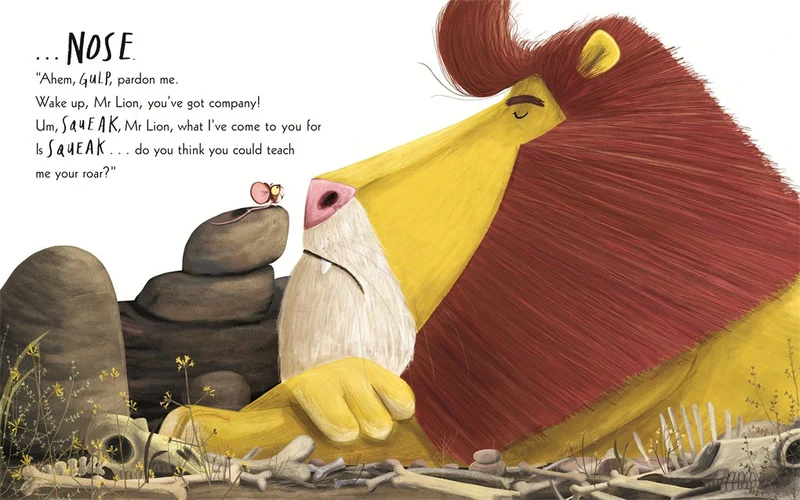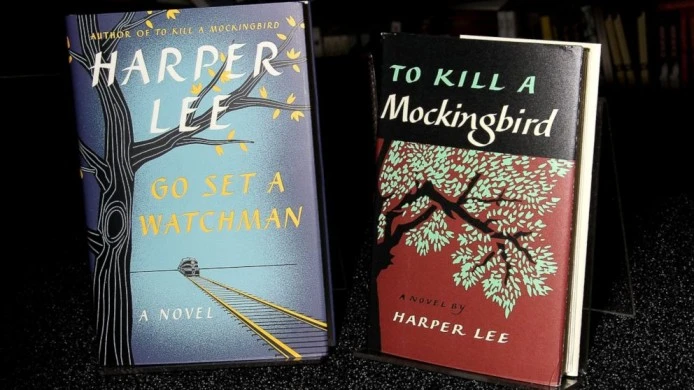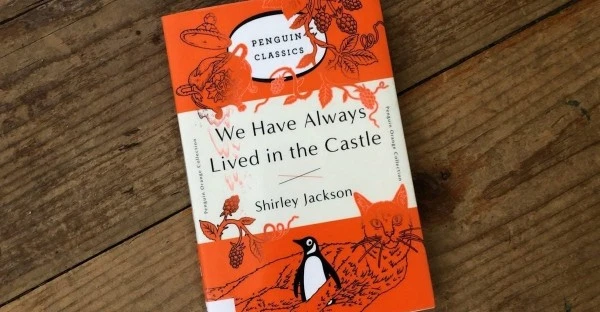What Lorrie Moore Doesnt Know About Jane Austen and Other Letters

The Meaning of It All
To the Editor:
In the March 8 review of Brian Greene’s “Until the End of Time,” the astrophysicist is quoted lamenting that “all that lives will die” and “nothing is everlasting.” That is certainly our fate in a universe composed of three spatial dimensions, with time as an arrow (as entropy requires) directing one’s ephemeral journey through it.
Yet if one instead conceives of space-time in four dimensions, there will always be coordinates where every being who has ever lived will have occupied physical space at a particular time — a theoretical form of immortality, albeit one we can’t experience.
The real gut punch isn’t that we are fated to die, but that we let too much of our brief voyage through space-time slip away without doing our utmost to give it joy and meaning.
Stephen Silver
San Francisco
More on Moore
To the Editor:
In her March 29 By the Book interview, the author Lorrie Moore says her “ideal reading experience” would involve “having nothing else whatsoever to do for days on end.”
Many Americans now find themselves in this position. “Ideal” is not the word that comes to mind.
Jim Weis
Atlanta
♦
To the Editor:
In her By the Book interview, Lorrie Moore finds “shocking” a dubious account she read somewhere about Jane Austen’s mother handing off her son, Austen’s brother, to strangers. What I find shocking is Moore’s dissemination of this gross distortion and slander.
As any informed scholar knows, Austen’s parents agreed to the adoption by Austen’s cousin Thomas Knight and his wife, wealthy and childless, who were seeking an heir from inside the family. In 1783 they focused on Austen’s third-born brother, bright young Edward, whom they met when he was 12, and began taking him on trips and inviting him to their estate, elegant Godmersham Park in Kent. At age 16, he was officially adopted by them, establishing him as one of the richest heirs in England.
Not only did this relieve the Austen family, in straitened circumstances, of one more child to establish in the world, but it spared this third-born son the path that was likely laid out for him, following his brothers into wartime naval service, with no guarantee of safety from death, injury, disease or capture. Adoption of children by caring relatives is not only not “shocking” but a not uncommon practice.
Susan Wolfson
Princeton, N.J.
The writer is a professor of English at Princeton University.




